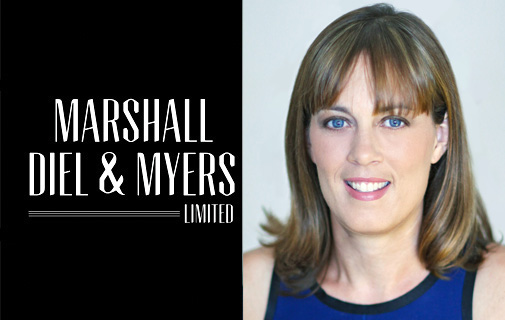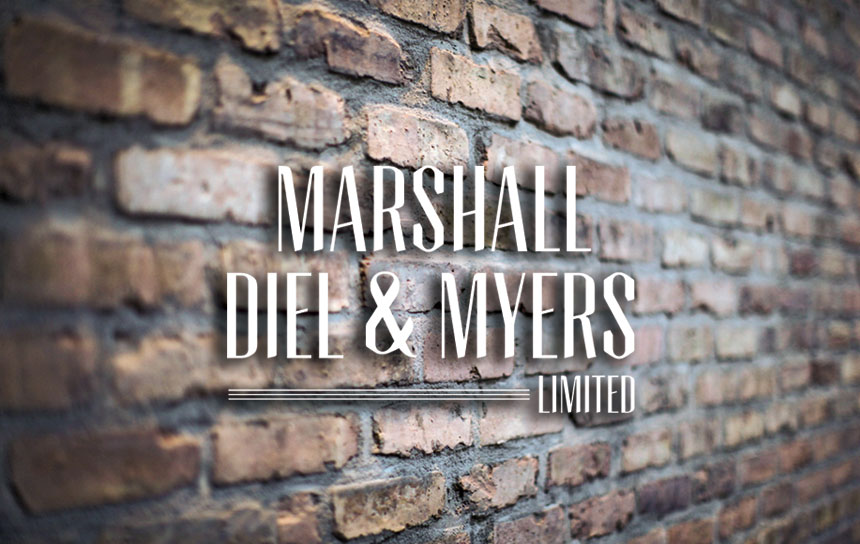You are your own best advocate
Advocate: One who assists, defends, or pleads for another, one who renders legal advice and aid and pleads the cause of another
From preparing your application to appearing for an interview, as a scholarship candidate, you must step into the role of an advocate. When preparing a case for trial, a lawyer begins with the end in mind, that is, the result desired by his client and she pursues that end result in every step of the litigation. Preparing a case for trial and preparing your application materials are remarkably similar, but instead of persuading a judge, you are persuading a Scholarship Committee that you are the best candidate to receive their scholarship.
Ab Initio (Latin): from the first act or meaning from the start
Often when preparing a case, lawyers develop a theme around which they will present the case and during the course of the litigation, they build on that theme. That theme goes hand in hand with the case strategy, which is, figuring out what needs to be done to win at trial. By developing a step by step plan, a lawyer can ensure that everything she does has a purpose.
The same approach can be applied to scholarship applications and the starting point is simple, do your research. Everything you need is available on-line where you can visit the organisation’s website, review their mission statement and history, and explore their products and services. Analyze what the organization is seeking in a candidate. Make a list of the skills, knowledge, experience, qualifications and qualities that are required by the organization. Then make a list of your assets and qualifications, and match them to the award requirements.
These preparations will help you develop your theme and strategy for each application, and they should be individualized for each application to truly set yourself apart.
Affidavit: Written statement of facts, made voluntarily and confirmed by the oath or affirmation of the party making it
An affidavit is the document that sets out the important facts upon which a person intends to rely on to prove their case. It is read by the Judge in advance of any hearing and often creates the first impression of the case being tried.
Your CV or resume serves the same purpose for your application. Do not make the mistake of relying on a generic CV or resume. Take the time to tailor this document so that each entry matches up with the award’s criteria and ties into your overall theme and strategy. You need to make sure that the decision makers have all of the relevant facts about you.
Expert: a person who possesses particular skill and knowledge upon the subject matter that he is required to give an opinion upon
Expert witnesses are called upon to provide the Court with specialized knowledge on a particular aspect of the case in order to assist the Court when making its determination.
Your expert witness will be your references and these letters will provide an objective opinion about you and provide personal knowledge about your strengths and talents. Choose references carefully and consider using specialized references for particular applications. Consider the difference between a generic reference from a past employer versus one from one of your law school professor that outlines your involvement in class discussions and projects. Or a letter from the head of the volunteer group that you recently assisted discussing your efforts and initiative versus a general letter from one of your high school teachers which may be too historical. The quality of your “experts” could really set you apart from the other candidates.
Pleadings: the formal allegations by the parties of their respective claims and defences, for the judgment of the Court.
A pleading is a formal written statement of a party’s claims or defences, and they define the issues to be adjudicated in the action. Your covering letter serves that purpose in your application materials. It summarizes the main reasons why you are the best candidate for the award, and it should do so in a persuasive and compelling manner. This is where you outline your theme to the Scholarship Committee and capture their interest. Use clear, concise and simple language. Try to state your accomplishments without coming across as if you are bragging.
Ensure that the application materials are complete and have someone you trust look over the materials for errors. A missing document or spelling mistake could land your application in the “no” pile.
Final Submissions: This is the time when all details of the defendant’s and the plaintiff’s cases are submitted to Court for a verdict.
Your interview is the opportunity to present your case to the Committee. Do all that you can to know your audience in advance by asking who will be interviewing you and research them. A good advocate knows the law, but a great advocate knows the judge.
Prior to the interview, review the award criteria and the list that you made above in order to remind yourself of the theme that you want to communicate. You should also consider any weaknesses in your application, and be prepared to explain them in a way that is honest and direct.
It is impossible to predict exactly what questions you may be asked in a scholarship interview, but a quick internet search can provide you with list of the most commonly asked interview questions. These are the basics and your prepared answers should be flawless. Take the time to practice answering these questions with a family member or friend.
Listen to the questions being asked. Take a few seconds to consider your answer, and speak clearly and confidently. Be concise and stay focused. Always come back to what you are trying to prove to the Committee in terms of your suitability.
Success at trial is not an accident. It takes preparation and commitment and the efforts start at the inception of the case all the way to the final verdict. There are no shortcuts. You should approach your applications in the same way. Think through your case, come up with a theme and strategy and commit all of your energies to achieving your verdict. If you can’t effectively argue that you are the best candidate for the award; chances are you will not be the successful candidate, particularly in the case of a legal scholarship. Don’t rest your case until you know that you have proven beyond a shadow of a doubt that you are the right candidate for the award.
This article has been written by:
Rachael Barritt
Head of the Student Committee
rachael.barritt@law.bm
+1 441 295-7105
Rachael Barritt is a Director and Member of the Matrimonial and Family Team and is Head of the Student Committee at Marshall Diel & Myers Limited.




